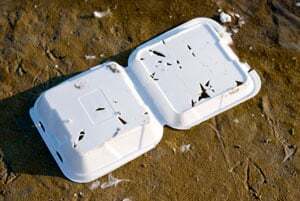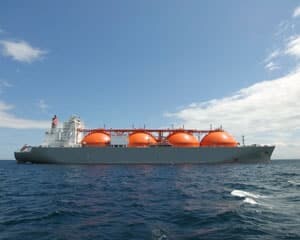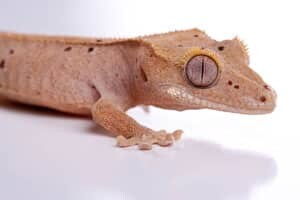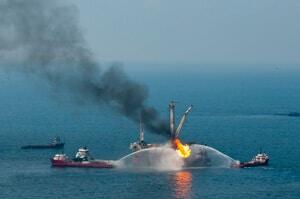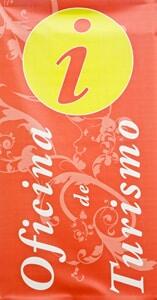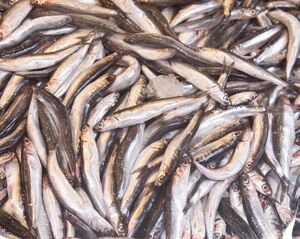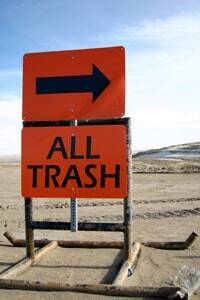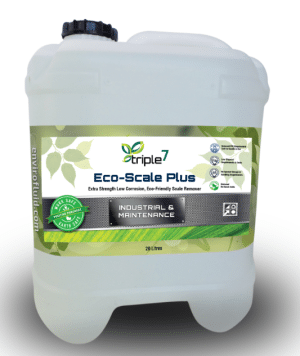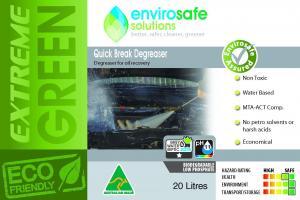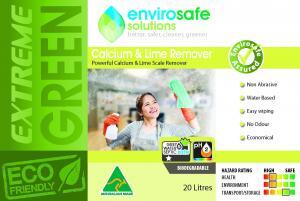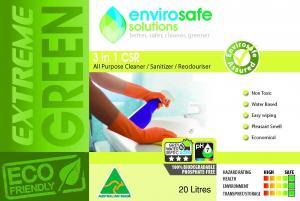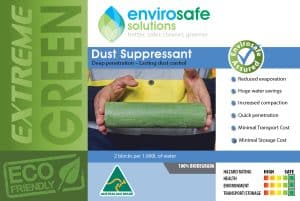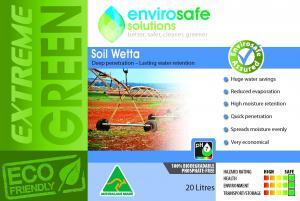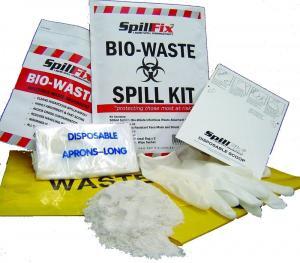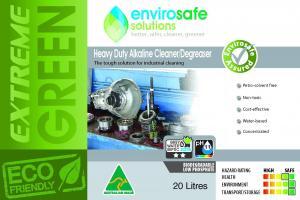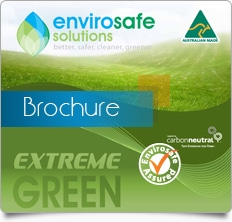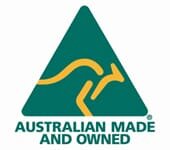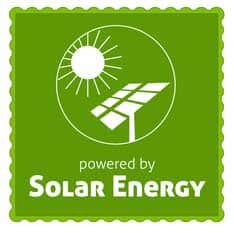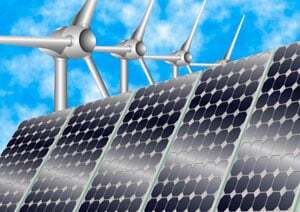 A new funding body will be established to support renewable energy technology in Australia. The initiative is another step away from fossil-fuel dependence but the challenge of keeping sustainable energy production competitive is extreme. Green solutions – including an unusual eco-friendly liquid air product – offer exciting new possibilities.
A new funding body will be established to support renewable energy technology in Australia. The initiative is another step away from fossil-fuel dependence but the challenge of keeping sustainable energy production competitive is extreme. Green solutions – including an unusual eco-friendly liquid air product – offer exciting new possibilities.
The production of renewable energy in Australia will be streamlined by the creation of a new government body.
Legislation to create the Australian Renewable Energy Agency (ARENA) has been passed through parliament with the support of the Opposition and the Greens.
The agency will be charged with the responsibility of supporting and funding solar, wind, biomass, ocean and geothermal projects to make Australia’s future energy production more environmentally-friendly. (Liquid fuels made from biomass are seen as a key to the green revolution transforming the nation’s transport sector).
ARENA will begin its role from July 1, 2012, and will be responsible for more than $3 billion in Federal Government funding. Of this $1.5 has been committed to existing projects.
Climate Change and Energy Efficiency Minister Greg Combet has said ARENA would be instrumental in driving down the cost of renewable energy.
“ARENA will consolidate and build on the good work undertaken to date by the Department of Resources, Energy and Tourism (DRET), the Australian Solar Institute (ASI) and the Australian Centre for Renewable Energy (ACRE),” MrCombet said.
ARENA will oversee:
- Financial assistance for research, development, demonstration, deployment and commercialisation of renewable energy and related technologies;
- Skills development across the renewable energy industry;
- Information sharing and collaboration.
New technologies
The cost of renewable energy generation has historically been prohibitive but new technologies and increased production is expected to support this extreme green sector.
A recent example of the ingenuity within the renewable resource comes from Britain – the creation of environmentally friendly liquid air! Britain’s Highview Power Storage has developed a unique way to store the energy created by wind and sunlight: Liquid air.
The CryoEnergy System uses excess air to run refrigeration units that cool air to a point where it liquefies. During high-demand periods on the grid the air can be warmed to become gas, which is used to spin a turbine to create electricity.
Similar storage principals are seen in pumped hydro-electric systems (where excess power is used to pump water to a higher point. When released water spins turbines to create energy).
Renewable future
Streamlining funding and development of the renewable energy sector is another step toward a future no longer dependent on fossil fuels.
Environmental cleaning products company Envirosafe Solutions has been working with Australia’s industrial sectors to reduce environmental impacts through the use of eco-friendly liquid products. Its Extreme Green range includes fuel treatments (such as its top performing Diesel Bug Killer), workshop cleaning products and laundry and kitchen alternatives.
For more information contact Envirosafe Solutions’ on 1300 88 90 70 or email info@evss.com.au.
Sources:
http://www.climatechange.gov.au/minister/greg-combet/2011/media-releases/October/mr20111012.aspx
http://news.discovery.com/tech/liquid-air-stores-renewable-energy-110320.html










